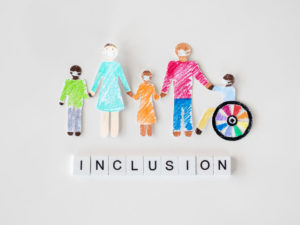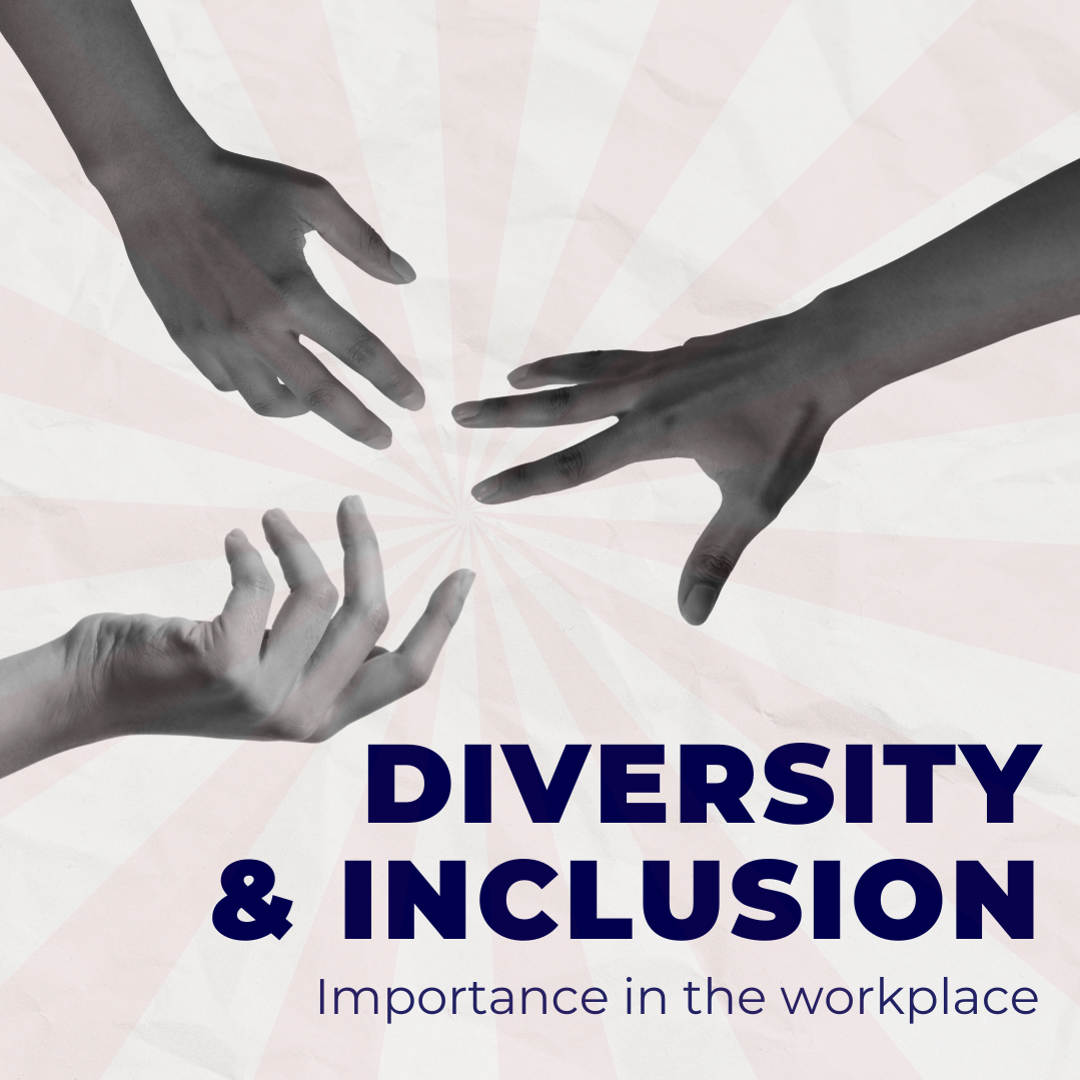Overview:
- There is an increasing need for diversity and inclusion policies as there is increasing discrimination in the workplace.
- In the last 50 years, workplace discrimination has majorly decreased due to the introduction of D&I policies in hiring and management.
- The benefits of diversity and inclusion can do wonders for everyone in the workplace.
- Many organizations are starting to realize why inclusivity and diversity are important in the workplace.
In this fast-paced contemporary world, the job market is flocked with various roles of varied specializations. While the job market increases rapidly, there is still a gap between need and availability. This becomes even more prominent when certain sections of the population don’t even get the chance to be represented in the workforce. In situations like this, there should be a conscious effort on the part of the employers to diversify the workspace. The importance of diversity and inclusion is not only limited to hiring. It also includes creating a positive workspace where everyone can express themselves freely.

The Need for Change
In the 21st century, the word ‘Inclusivity and Diversity” has gained considerable traction. Almost all the top companies and hiring firms now have a few quotas for diversity hiring. But to understand the importance of diversity and inclusion in the workplace, one has to look through the mists of history. The feminist movement of the 1960s remains one such pivotal movement. This is where women began to protest against unjust practices and prohibitions on them from being a part of any workforce. Similarly, sections of people belonging to the LGBTQ+ community among others were discriminated against. They were often denied jobs based on their racial and sexual identity.
As awareness grows, many DEI policies have started accounting for neurodiversity in their hiring practices. People with neurological differences such as autism, ADHD, and dyslexia can provide unique sets of perspectives and broaden our innovation. Neurodiversity at the workplace ensures that we fulfill our ethical responsibility and make neurodivergent people feel welcome in our organization.
Evolution of the Workspace
With increasing awareness and laws, the workplace has gone through major changes in the last 50 years. There is much more importance on diversity and inclusion training in the workplace. The workplace become a more tolerant space. It has also led to major employee engagement and trust among the workforce. Therefore it has proven to be beneficial both for the employers and the employees. Promoting inclusivity and diversity has also played a big role in spreading brand awareness.

Significance of Diversity and Inclusion in the Workplace
Apart from representing and promoting equality in the job market, this is a big question raised by many business enthusiasts. There are certain benefits of diversity and inclusion in the workplace which include:
Larger Talent Pool
As the roles become more diverse, there is a need for people of varying talents and interests to fill these positions. The more diverse and inclusive the workspace is, the larger the talent pool. Studies have shown that out of 3 out of 4 job seekers and employers report diversity as an integral part when it comes to evaluating companies and job seekers.
Greater Innovation and Creativity
One of the most important factors as to why diversity and inclusion is important in the workplace is an increase in innovation and creativity. It is apparent that if two people of diverse backgrounds engage in the same project, they will yield varied results. This can also be applied to implementing various other strategies in different roles such as social media, content writing, etc.
Happier Workforce
A diverse and inclusive work environment fosters healthier work relationships which ultimately leads to a more satisfied work environment. This further allows for better communication which shows up in employees’ work performance, leading any business to strive overall.

Generating Leads
With candidates hailing from different backgrounds and varied locations, One can expect the employees to generate more leads. These in the future can turn into viable clients for business. This promotes better networking and the potential for a company or business to bloom globally.
Brand Value
One of the other reasons why diversity and inclusion are important in the workplace is that it promotes the company’s overall brand value. With policies for diversity hiring, the company’s presence globally increases exponentially. This becomes even more exciting for prospective clients. This is because they associate themselves with companies with a broader vision and outlook on life.
Employee Retention
With a happier work environment, employees feel comfortable expressing ideas and even disagreements at times. An inclusive and diverse workspace empowers employees to grow. This helps in employee retention which makes the business more trustworthy in the long run.
Capturing New Markets
Inclusivity and diversity programs in companies promote hiring people from around the world. When hiring with this in mind, companies open themselves to diverse markets. This further generates more profitability when it comes to generating revenues in the global market.
Conclusion:
Companies and organizations are realizing the importance of diversity and inclusion in the workplace. However, discrimination and unjust practices still persist in many of the workplaces. This often limits growth and freedom within the organization. Inclusion and diversity are essential in hiring. Employers and employees should consciously welcome new recruits to foster a comfortable environment and enhance brand growth. Only then Inclusivity and Diversity will stand true to its meaning.
FAQs:
What are D&I policies in the workplace?
Diversity and inclusion (D&I) policies are designed to promote fair treatment, equal opportunities, and representation for all employees, regardless of their backgrounds. This helps create a positive work environment.
How can employees promote inclusion and diversity?
Employees play a crucial role in promoting inclusion and diversity in the workplace. This can be achieved by encouraging open communication, embracing differences, and actively engaging in diversity training and initiatives. They can also support inclusive policies, mentor colleagues from diverse backgrounds, and celebrate cultural events to help create a more welcoming and fair workplace environment.
What ways to promote diversity and inclusion in the workplace?
Practices like hiring people with diverse backgrounds, addressing implicit bias, and having wellness programs to promote the mental health of workers. Having an open forum like monthly feedback forms, etc, are some of the ways one can actively promote diversity and inclusion in the workplace.


